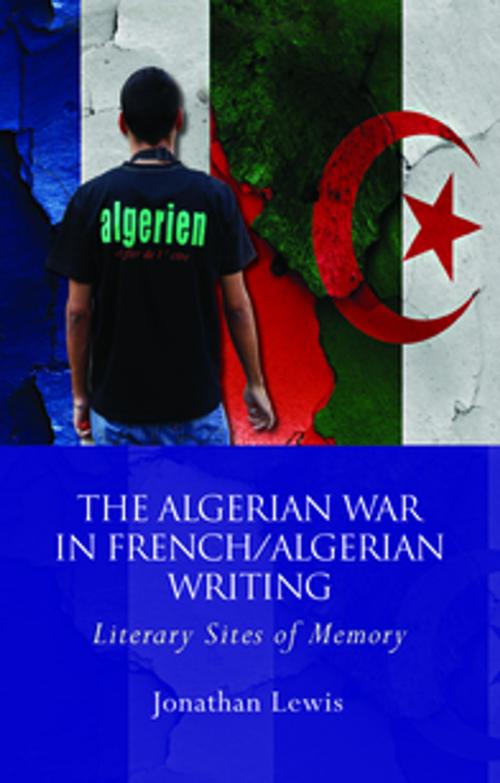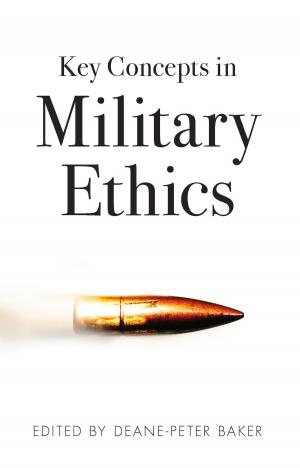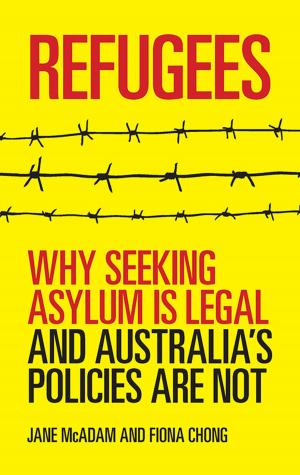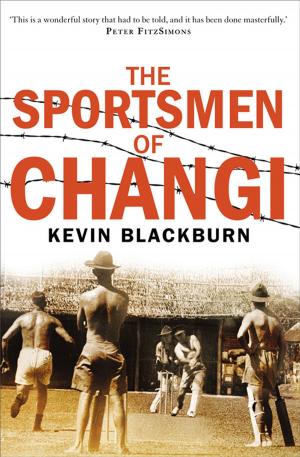The Algerian War in French/Algerian Writing
Literary Sites of Memory
Fiction & Literature, Literary Theory & Criticism, French, European| Author: | Jonathan Lewis | ISBN: | 9781786833068 |
| Publisher: | University of Wales Press | Publication: | October 5, 2018 |
| Imprint: | University of Wales Press | Language: | English |
| Author: | Jonathan Lewis |
| ISBN: | 9781786833068 |
| Publisher: | University of Wales Press |
| Publication: | October 5, 2018 |
| Imprint: | University of Wales Press |
| Language: | English |
This is the first book-length study to analyse and problematize the notion of literary texts as ‘sites of memory’ with regard to the representation of the Algerian War of Independence (1954–62), and memories of it, in the work of French authors of Algerian origin. The book considers a primary corpus spanning over forty literary texts published between 1981 and 2012, analysing the extent to which texts are able to collect diverse and apparently competing memories, and in the process present the heterogeneous nature of memories of the Algerian War. By setting up the notion of literary texts as ‘sites of memory’, where the potentially explosive but also consensual encounter between former colonizer and colonized subject takes place, the book contributes to ongoing debates surrounding the contested place of narratives of empire in French collective memory, and the ambiguous place of immigrants from the former colonies and their children in dominant definitions of French identity.
This is the first book-length study to analyse and problematize the notion of literary texts as ‘sites of memory’ with regard to the representation of the Algerian War of Independence (1954–62), and memories of it, in the work of French authors of Algerian origin. The book considers a primary corpus spanning over forty literary texts published between 1981 and 2012, analysing the extent to which texts are able to collect diverse and apparently competing memories, and in the process present the heterogeneous nature of memories of the Algerian War. By setting up the notion of literary texts as ‘sites of memory’, where the potentially explosive but also consensual encounter between former colonizer and colonized subject takes place, the book contributes to ongoing debates surrounding the contested place of narratives of empire in French collective memory, and the ambiguous place of immigrants from the former colonies and their children in dominant definitions of French identity.















